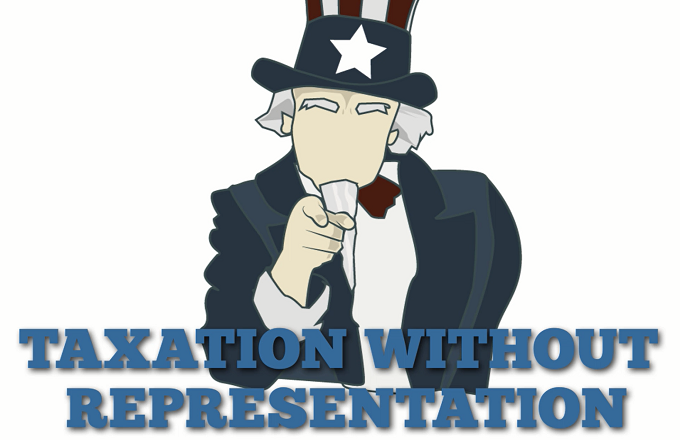The Historic Issue
Reverberating through the pages of history, the fervor of the Revolutionary War can still be felt in the present-day United States. This echoes primarily through the enduring principle of ‘taxation without representation’. This core American value, born out of a frigid night in 1773 when the Sons of Liberty demonstrated their defiance against the Crown, is still resonating in Massachusetts.
The Voting Eligibility Dilemma
Voting rights, while reserved for citizens at the federal level, are decided by states and municipalities at the local level. In Massachusetts, the state constitution follows the federal example, confining suffrage to citizens. With the presence of 1.2 million immigrants, constituting 17% of the state’s population, questions arise about whether voting rights should remain exclusive to citizens.
Evolving Interpretations of Voting Rights
Much like the evolving views on voting rights that moved away from property-owning white males, the discourse around non-citizen voting needs to be reframed. Massachusetts, known for its democratic principles, could seize this moment to extend voting rights to non-citizens.
Many argue that voting rights should be inherently tied to citizenship. However, the history of the United States tells a different story. In fact, the original Massachusetts Constitution of 1780 used the term “inhabitant,” not specifying citizenship. Non-citizen suffrage was common in the young republic, largely due to the fact that immigrants were the norm.
Changing Perceptions and Historical Impact
This attitude towards non-citizen voting gradually changed, largely due to xenophobic sentiments that surged after World War I. The United States shifted from a nation built by immigrants to a nation wary of ‘foreigners’.
This cultural shift triggered immigration reforms such as the Chinese Exclusion Act and the Immigration Act of 1924. By 1926, Arkansas, the last state to allow non-citizen voting, ceased to do so. Since then, there has been a gradual resurgence in non-citizen voting rights in local elections in towns in Maryland, Vermont, Chicago, and San Francisco.
The Road Ahead in Massachusetts
Massachusetts stands on the cusp of a significant change. The ‘home-rule petition’ process provides a unique workaround to state constitution requirements. Several cities, including Amherst, Brookline, Cambridge, Newton, Wayland, and Somerville, have passed ordinances for non-citizen voting rights in local or school elections. However, these laws await approval from the state legislature and governor.
The recent law providing driver’s licenses to immigrants without legal status might be the impetus needed to change the perception around immigrants’ rights in Massachusetts.
The Importance of Non-Citizen Voting
Non-citizen voting is of paramount importance, particularly in places like Boston where 13.5% of residents are non-citizens. Besides, non-citizen voting in school board elections could foster broader community involvement. It would ensure that school boards represent all students, irrespective of their parents’ citizenship status.
The path to citizenship can be lengthy, and during this period, immigrants are affected by local policies. By reestablishing non-citizen voting rights, we could bolster the voices of marginalized communities in local politics.
Barriers to Progress
Despite having a Democratic supermajority in the legislature, the issue of non-citizen voting is still sidelined in Massachusetts. The Massachusetts Democratic Party platform endorses the right of all immigrants of legal status to vote in local elections. However, the legislature’s slow response and the absence of this issue from many Democratic candidates’ priorities show a lack of commitment to change.
As voters, it’s essential to remember that our representatives should not only agree with us but also take action on issues impacting residents. Therefore, when casting your vote, remember those who are unable to do the same.

